As bombs fall everywhere in Syria and IS fighters destroy Palmyra, a musicologist in Vienna lies awake all night thinking of the Baron Hotel in Aleppo, where he stayed in 1996, following in the footsteps of Lawrence of Arabia, Agatha Christie and King Faisal. He remembers the hotel’s
Ottoman ogival windows and its monumental staircase, with its old, worn-out rugs and shabby rooms where there were still useless bakelite telephones and metal clawfoot bathtubs whose pipes sounded like a heavy machine gun whenever you turned on the tap, in the midst of faded wallpaper and rust-stained bedspreads.
Already a subscriber? Log in
Subscribe for just $2 a week
Try a month of The Spectator Australia absolutely free and without commitment. Not only that but – if you choose to continue – you’ll pay just $2 a week for your first year.
- Unlimited access to spectator.com.au and app
- The weekly edition on the Spectator Australia app
- Spectator podcasts and newsletters
- Full access to spectator.co.uk
Unlock this article
You might disagree with half of it, but you’ll enjoy reading all of it. Try your first month for free, then just $2 a week for the remainder of your first year.

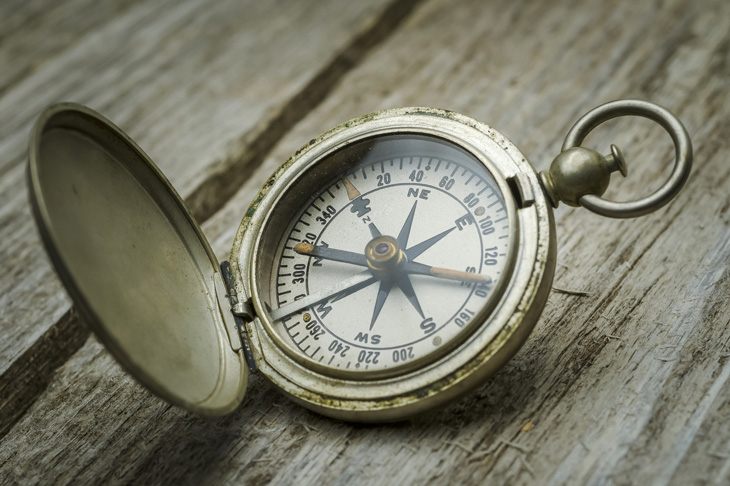
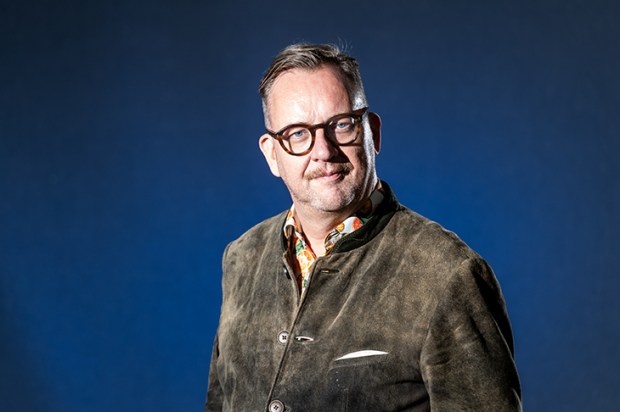
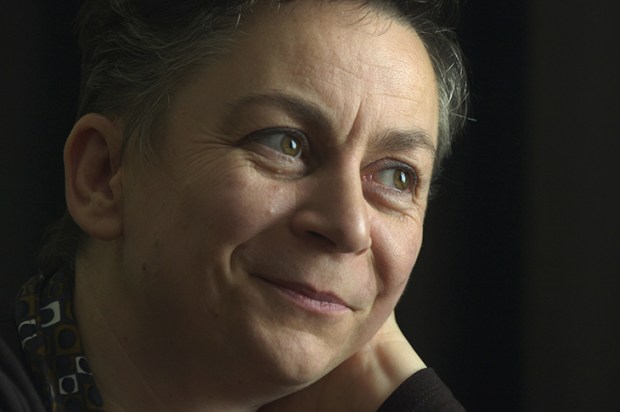

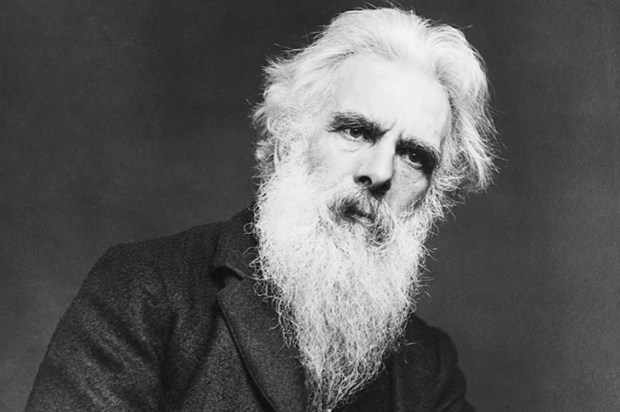
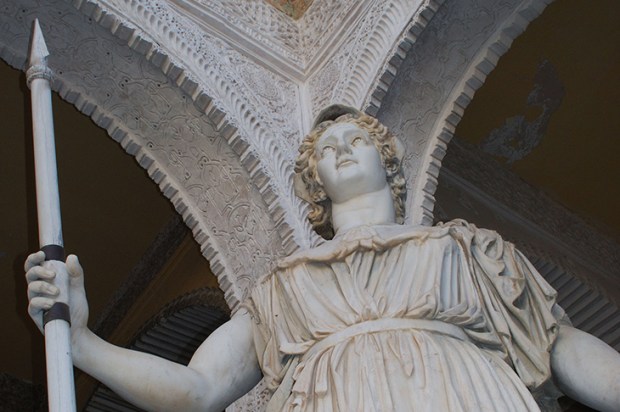
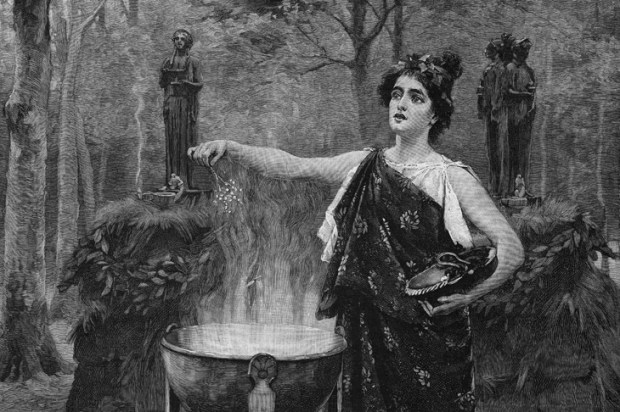






Comments
Don't miss out
Join the conversation with other Spectator Australia readers. Subscribe to leave a comment.
SUBSCRIBEAlready a subscriber? Log in